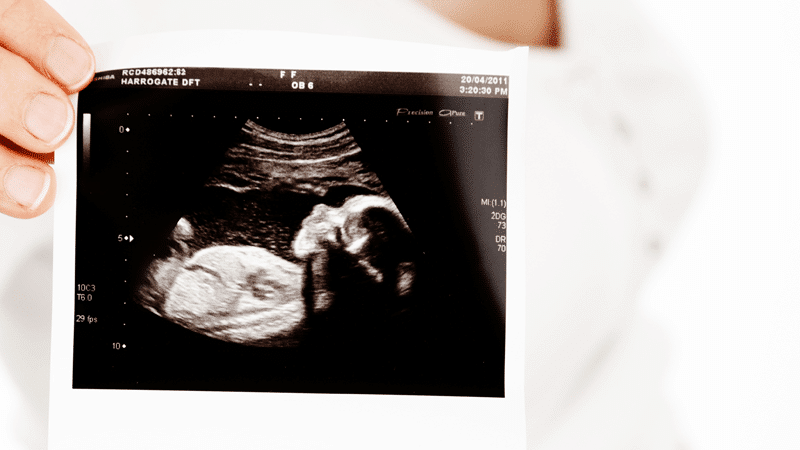Disposable Humanity?

God, the giver of life, demands that human life should be protected from conception to natural death.
‘The Word became flesh and made his dwelling among us’ (John 1:14). The Lord Jesus Christ began his earthly life at the moment of conception (Matthew 1:20). Every human life begins at conception, and human beings are distinct from the rest of creation. We bear the image of God (Genesis 1:27).
Culture clash
A significant factor in the rapid growth of the church in the early centuries was the Christian ethic of defending the sanctity of life. Abortion was widely practised in Greco-Roman society, women were often forced into it by their masters (if they were slaves) or by their husbands. When Christians insisted on the protection of life, this worked for the safety of women as well as their children. Christianity introduced an ethic which valued every human life, and for many centuries, medical care has been founded on respect for human life, as given by God.
Once a society rejects the belief that all human life has been created by God with unique dignity, the door is open to a utilitarian system of ethics. The theory of evolution and the resulting naturalistic worldview, sees humans as the product of chance in an impersonal universe. We are just material beings, here by accident, shaped by chemical, physical and economic forces. Jacob Bronowski (1908-1974), presenter of a famous BBC series called The Ascent of Man affirmed that:
“Man is a part of nature, in the same sense that a stone is, or a cactus, or a camel.”[1]
Papayas for babies
We should not, then, be surprised by the article published by the BBC on 24 September, entitled ‘The German medical students who want to learn about abortion’.
The story was accompanied by four large photographs of female student doctors inserting surgical instruments into womb-size papayas. They were attending workshops in Berlin, run by ‘Medical Students for Choice’, vacuuming out papaya seeds, ‘to demonstrate how the foetus may be removed’. They were then encouraged to go on to seek specialist training in performing abortions.
The author of the article, a British journalist, featured these workshops as a positive step towards ensuring that more doctors in Germany train to perform abortions. She was horrified to find that in Germany there are limitations on abortion provision. In fact, abortion can be accessed during the first twelve weeks of pregnancy, but the mother has to receive counselling, and there is a three-day delay before the abortion takes place. There are protections in place for doctors who have conscientious objections to abortion, and a ban on advertising abortion services.
Still, all this runs counter to the current assumption that unrestricted access to abortion is a ‘human right’. Many insist that women are only truly ‘free’ if they can rid themselves of an unwanted unborn child.
A clear choice
The grotesque comparison between vacuuming out papaya seeds and destroying the precious life of an unborn child highlights the contrast between two opposing worldviews.
Do we believe that God is the giver of life? If so, he will hold us accountable for the wrongful destruction of life. Or do we believe that we are all just random accidents thrown up by the evolutionary process? In which case, why should we afford human life any unique dignity? The Christian writer Frances Schaeffer observed:
“If man is not made in the image of God, nothing then stands in the way of inhumanity.”[2]
But the biblical teaching is that God created man and woman in his own image, and that Christ’s incarnation, death, and resurrection forever confirmed the dignity, value and worth of the human condition. At this moment in history, we need to hold firm to this truth, and stand with those who defend the sanctity of every human life from conception through to natural death.
Dr Sharon James is a Social Policy Analyst for The Christian Institute
[1] Bronowski, J, The Ascent of Man, BBC, 1973, rev. ed. 2011
[2] Schaeffer, F and Koop, E, Whatever Happened to the Human Race?, 1979, Crossway, 1979, rev. ed. 1983, page 10.
Resources:
When Does Human Life Begin: John Ling
For a pro-life organisation in Germany: bundesverband-lebensrecht.de/
